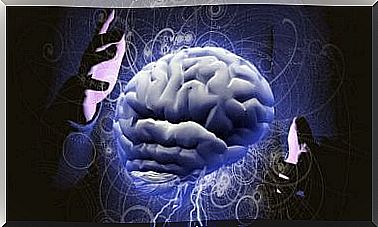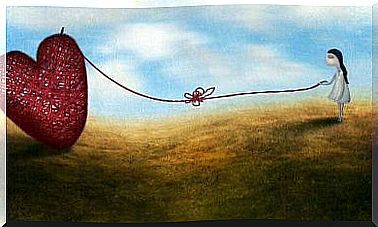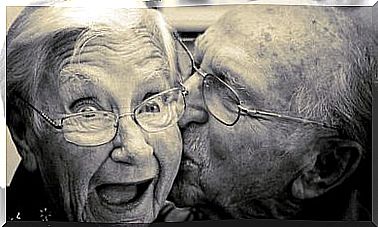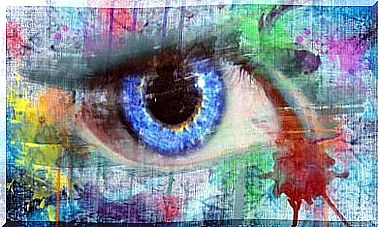Discovering The Enigmatic “déjà Vu “
“I have the impression of having already lived this moment…”. This is one of the most used phrases to talk about situations that we feel we have experienced in the past.
This can happen at any time, and in any situation: walking, talking in a cafe, watching a movie or traveling by car, for example. This feeling intensifies for a short time, before disappearing altogether.
If you recognize any of your experiences in what we have just described to you, or if you have already said the first sentence of our article, you have already experienced a déjà vu .
The topicality of this phenomenon
The word déjà-vu , used all over the world, comes from our French language. In general, 65% of individuals between 15 and 25 years would have experienced it.
Not much is known about this mysterious phenomenon, but in any case, it is a fleeting and rapid sensation, and one which is not due to a medical problem, which makes it very difficult to study.
Today, this phenomenon continues to be an enigma and a constant challenge for all scientific disciplines which have as their object the study of the mind, body and human health.
Certainties on the subject
The certainties we have on this phenomenon are very thin:
– The common denominator of this phenomenon is that we are all aware of what happens when we experience déjà vu, which implies that it is not necessary for our whole brain to participate in the development of this phenomenon.
– Scientific studies have shown that déjà vu results from various alterations of the temporal lobe. Precise stimulation of the renal cortex can produce this phenomenon.
– As stated in a study published by the Clinical Journal of Neurophysiology, the synchronized action of the renal cortex, the hippocampus (involved in the birth of memories), and the cerebral amygdala (involved in the management of emotions) results in the formation of a feeling of déjà vu.
This has been proven by studies carried out on epileptic patients, in whom the phenomenon of deja vu was caused by electrical impulses.
Theories on how déjà vu works
There are various ways to explain the occurrence of this phenomenon, the majority of which come from neuroscience.
Some scholars argue that the feeling of déjà vu occurs when our brain tries to generate broad conceptions of reality, but with limited memories.
Memory works by taking pieces of sensory information, with the aim of bringing a specific memory back into the present.
Deja vu would therefore be a mixture between these different sensory information, and the memories that are formed in the present.
On the other hand, there is a very popular theory which holds that déjà vu is the result of a sporadic dysfunction between long term memory and short term memory.
Information then infiltrates the storage and transfer mechanisms, creating confusion. This means that by living a new experience in the present (which is stored in our short-term memory), a distant memory of our past can resurface and merge with the present experience.
There is another similar theory which explains that déjà vu is a temporal error.
This means that sensory information from the present brings back an event from the past stored in long-term memory, which has the effect of delaying the processing of information from the present, while associating it with the sensory past.
To conclude, even if the cause and the precise mechanisms that generate this mysterious phenomenon are still not well known, rest assured because it is a normal experience.
It can happen to anyone, and you just have to enjoy this sensation that will not stop surprising you.









